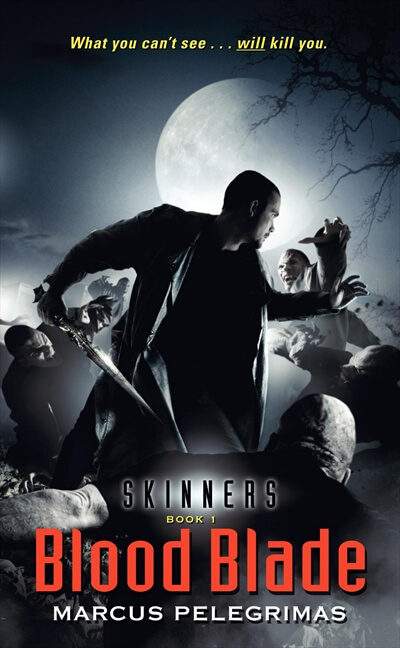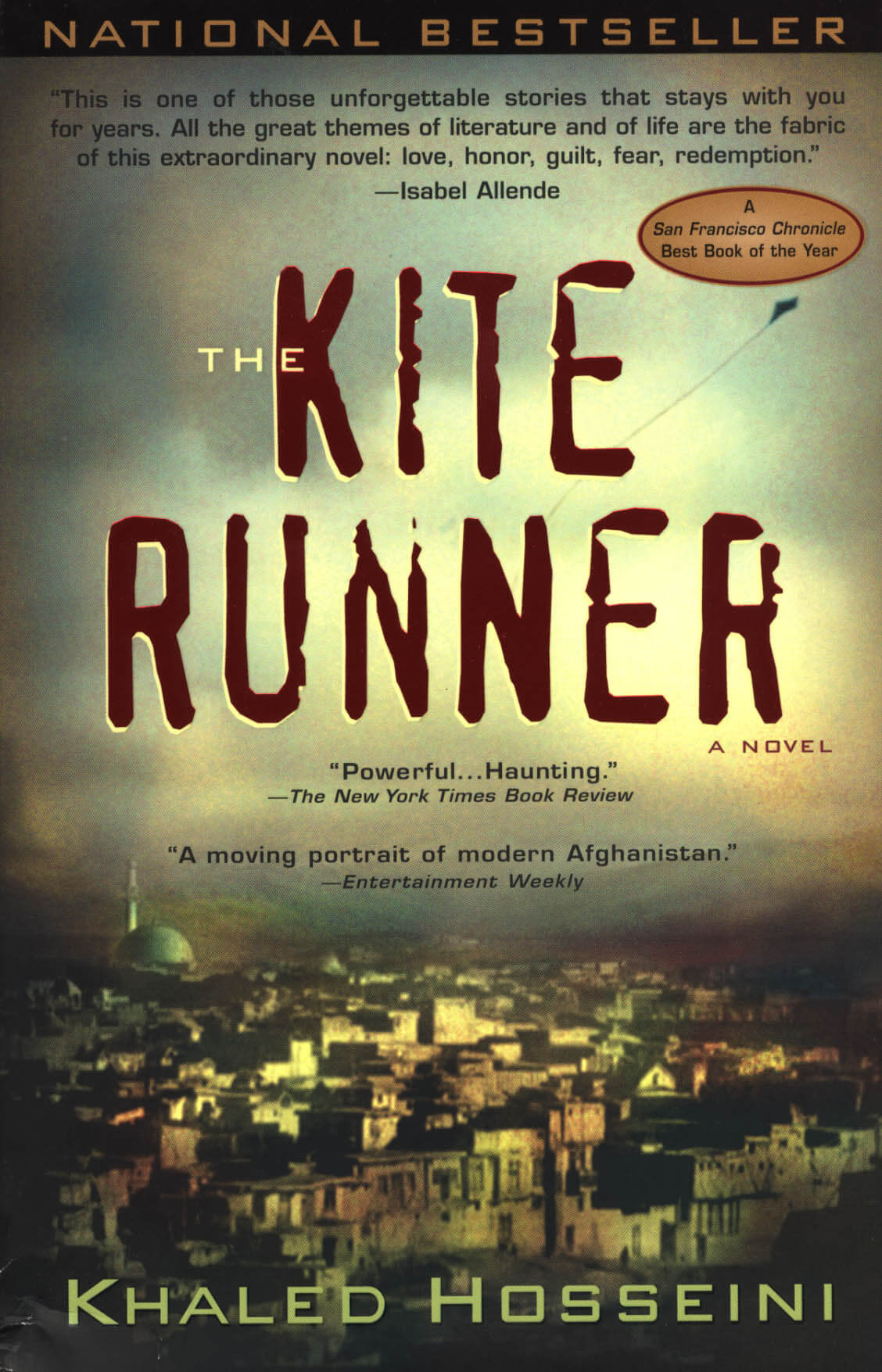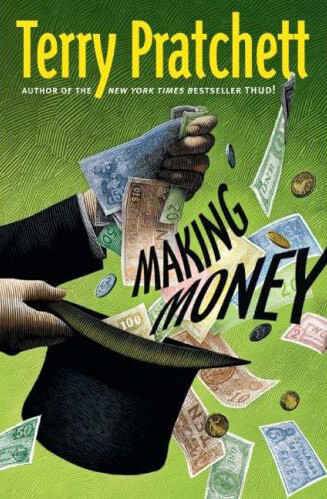Interview with Marcus Pelegrimas, author of Blood Blade
If you have not yet read it, I suggest you read my review of Blood Blade, the first book in the Skinners trilogy. We were fortunate enough to get an interview with the author, Marcus Pelegrimas. For those not familiar with him, Mr. Pelegrimas has written a good number of westerns and short stories in various other genres, primarily under the pseudonym of Marcus Galloway. This his first entry into dark fantasy/horror genre of the romantic persuasion. If you want to learn more about him, you can look him up on his website at www.marcuspelegrimas.com.
And now, without further ado, here are the words of Mr. Pelegrimas himself regarding his latest novel.

You’ve written works in a variety of genres. Which do you enjoy the most?
I really enjoy writing westerns, but horror and fantasy has always been my first love. The labels may change (horror / dark fantasy / urban fantasy / high fantasy / whatever), but anything with monsters has always had a special place in my heart. The very first stories I used to write when I was a little kid were about monsters and now that I get to write in this genre on a professional level, I’m truly excited! Continue reading
 Blood Blade is one of three books in the Skinners saga, a dark fantasy written by Marcus Pelegrimas. In it you’ll find vampires that make more sense than traditional ones, a little romance, and a plentitude of blood and gore.
Blood Blade is one of three books in the Skinners saga, a dark fantasy written by Marcus Pelegrimas. In it you’ll find vampires that make more sense than traditional ones, a little romance, and a plentitude of blood and gore.

 “The Devil’s Bones” is a novel written by team Jefferson Bass, which consists of Dr. Bill Bass, founder of The Body Farm, and journalist Jon Jefferson. This fictional piece follows the life of forensic anthropologist Bill Brockton, a sort of Sherlock Holmes of the forensic world, as he copes with a painful past while trying to keep his mind occupied with his job.
“The Devil’s Bones” is a novel written by team Jefferson Bass, which consists of Dr. Bill Bass, founder of The Body Farm, and journalist Jon Jefferson. This fictional piece follows the life of forensic anthropologist Bill Brockton, a sort of Sherlock Holmes of the forensic world, as he copes with a painful past while trying to keep his mind occupied with his job. If you are new to Terry Pratchett and his Discworld, fear not. Each book can mostly be read without worrying too much about what has been going on heretofore. This book, however, is in a way Part II of
If you are new to Terry Pratchett and his Discworld, fear not. Each book can mostly be read without worrying too much about what has been going on heretofore. This book, however, is in a way Part II of 